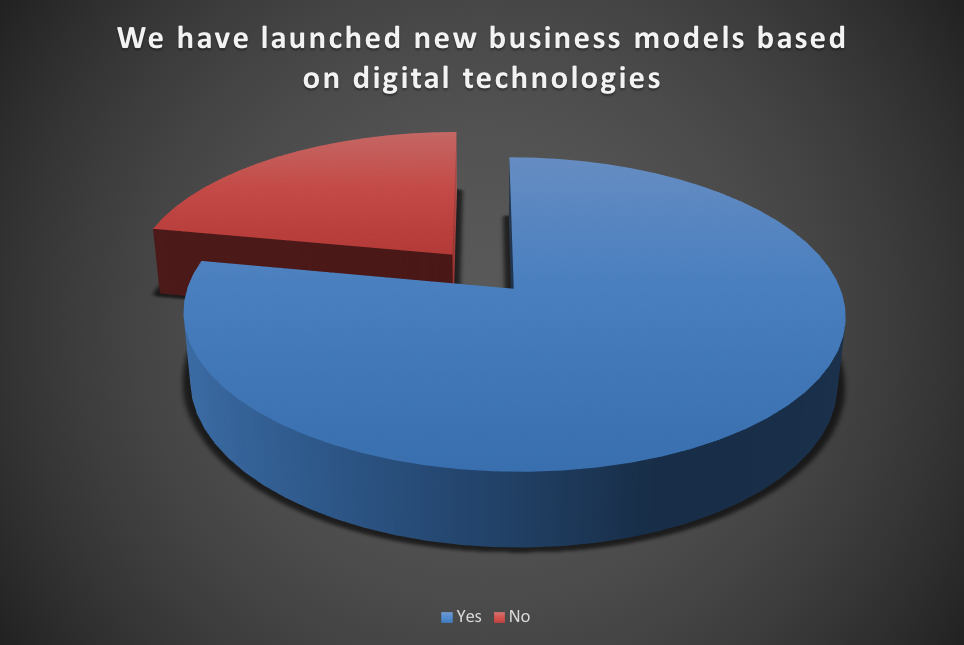advertisement
Delve into analysis to make decisive decisions
Random poll recently conducted by CIO East Africa during the CIO Year Ahead Conference, revealed that 80 percent of CIOs…

Random poll recently conducted by CIO East Africa during the CIO Year Ahead Conference, revealed that 80 percent of CIOs in Kenya use analytics for decision making.

Interestingly, this trend was United Kingdom’s status four years ago according to a study by PwC which indicated that big decision-making was improving. Of those respondents, 32 percent reported significant improvement an indication that although data and analytics have made deep inroads on business, there still remains a fundamental skepticism about the practical use of data to drive the business.
advertisement
Senior business leaders in the United Kingdom are using their intuition, experience, and the advice and experience of others, as opposed to data and analytics, when it comes to making an important decision, according to a new survey by PwC.
Asked to rank the most important factors in their decision-making process, 41 percent of the U.K. executives say their intuition and experience are most important, next comes the experience of others at 31 percent, and only 23 percent say data and analytics, which ranks third.
Many U.K. executives, compared to their overseas counterparts, are skeptical of the value of data analysis, but that is changing, according to Yann Bonduelle, PwC consulting data analytics leader.
advertisement
Separately, recent research findings by Forrester Consulting, commissioned by the Data and Analytics Global team at professional services firm KPMG, in a Europe, Asia and America notes that executives are still mistrusting insights from data much as most decisions being made in boardrooms today are shaped at some stage by the data.
Forrester’s study found that 50 percent of businesses use data and analytics tools to analyze their existing customers, while 48 percent use them to find new customers and 47 percent use them to develop new products and services. Even so, the study also found that executives exhibit a distinct lack of trust when it comes to data and analytics: 60 percent of respondents were not very confident in their data and analytics insights.
There’s however hope that skepticisms will steadily dwindle considering the many establishments that say they increasingly focusing on data-driven decision-making to guide their businesses.
advertisement
With 85 percent of CIOs in Kenya asserting that they use technologies such as analytics and social media to understand customers better, there’s hope that appropriate decisions shall soon be taken in several organizations to address customer experience.

In reflection on the random poll conducted at CIO Year Ahead, Harry Hare, Chairman – CIO East Africa said data is becoming more pervasive, algorithms more accurate and visualization more intuitive a situation that continues to empower business leaders to make better decisions through use of analytics in a digital transformed ecosystem.
From the random poll at CIO Year Ahead that sampled 50 CIOs it emerged that 78 percent have launched new business models based on digital technologies. Investment on this initiative allude to the fact that quite a number of important big decisions during the year and beyond will be about how to grow the business.
At the moment, the biggest challenge of making decisions from a culture that largely depends on heuristics in decision making to an informed culture and data driven is really not the cost but a mind-set change.
